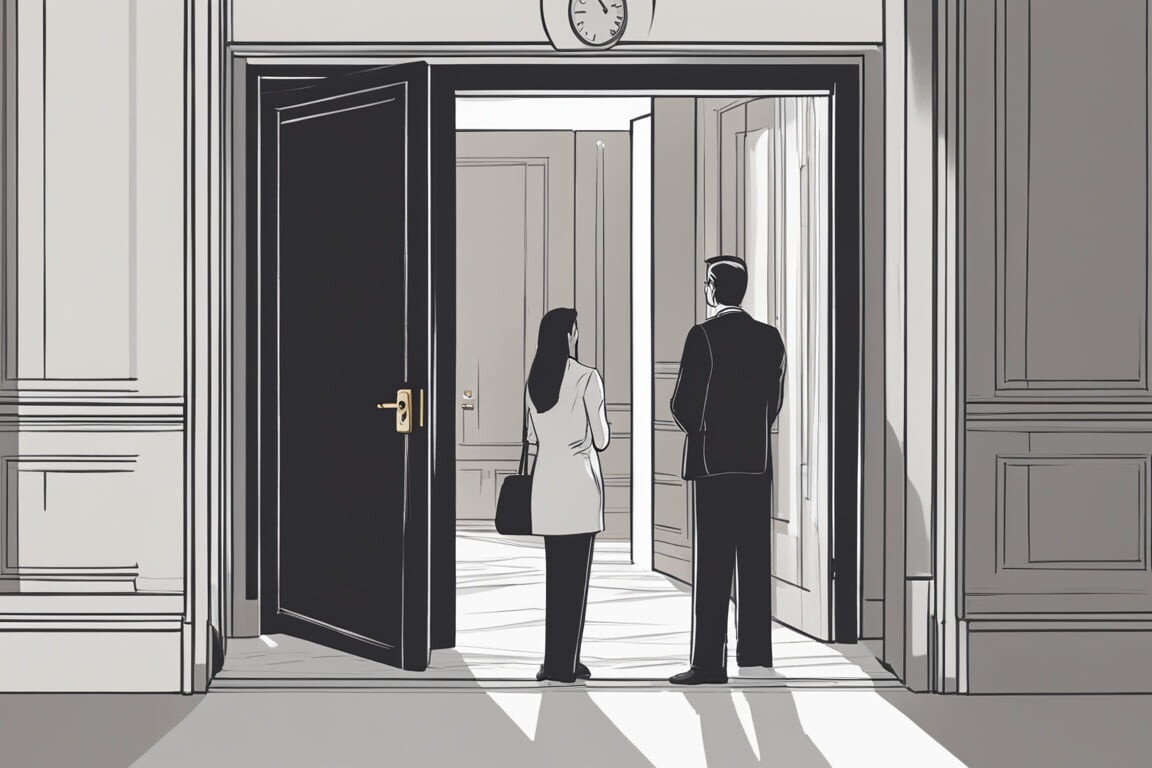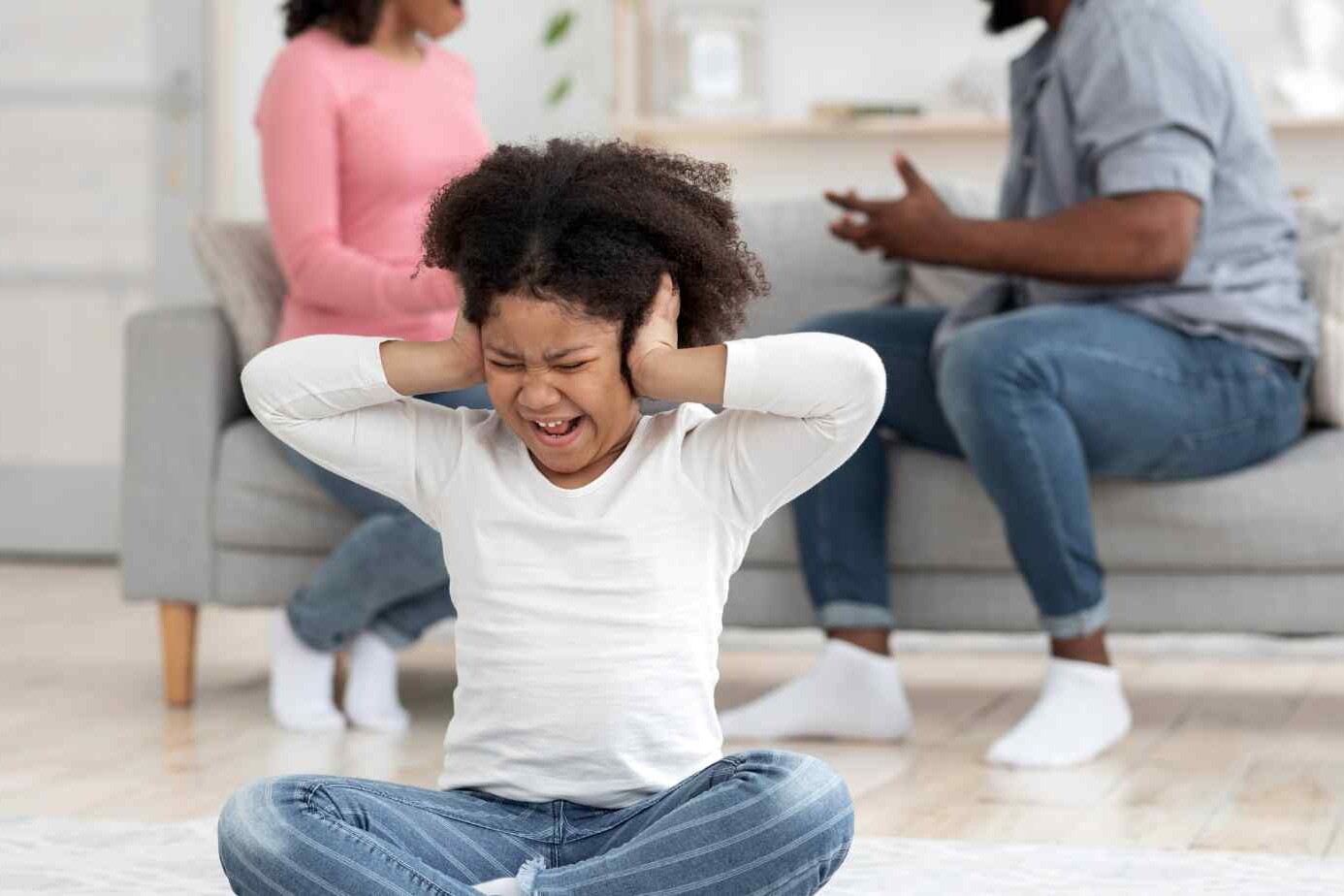Abnormal child psychology is a key area in psychology. It looks into behaviors in kids and teens that are not normal. This field studies what causes mental issues in young people. It also looks at the best ways to assess and treat these issues.
Important topics in this field are how to classify disorders, theories on normal and abnormal behavior, and how to research these topics. It also covers risk and protective factors, and the types of disorders like depression, anxiety, ADHD, and autism spectrum disorder. Knowing these helps us understand and help children and teens with their mental health.
Studying abnormal child psychology helps us understand what affects young people’s behavior and development. With this knowledge, we can give them the right help and support. This way, they can face their challenges and do well.
Table of Contents
ToggleUnderstanding Normality and Abnormality in Children
Knowing what is “normal” and “abnormal” in kids is key in child psychology. The DSM helps by giving clear ways to spot and group mental health issues in kids. But, figuring out if these diagnoses are right can be tricky. This is because culture, growth stage, and how we see behavior matter a lot.
Diagnostic Classification Systems
The DSM, made by the American Psychiatric Association, is a big help for doctors and researchers. It gives clear rules for spotting mental health issues in kids. This makes diagnoses more consistent and accurate. Yet, how we see behavior and cultural biases can sometimes cause problems with these diagnoses.
Reliability and Validity of Diagnoses
How reliable and valid childhood mental health diagnoses are can be affected by many things. For reliability, it depends on how different doctors see behaviors and their training. Validity, on the other hand, can be hit by culture, growth stage, and other disorders kids might have.
It’s important to understand the tricky parts of spotting normal and abnormal in kids. By knowing how diagnostic systems work and what can mess with their accuracy, we can help kids better. This way, we can give them the right support and help they need.
Theories Explaining Abnormal Child Behavior
Psychologists look at different theories to understand why some children act differently. These theories help us see how many things can affect a child’s behavior. They show us the complex mix of factors that lead to mental health issues in kids.
Psychodynamic and Biological Theories
Psychodynamic theories look at what’s inside a child’s mind, like hidden feelings and thoughts. They say that past events and feelings can cause abnormal behaviors. Biological theories focus on genetics, brain functions, and body processes in abnormal behaviors.
Behavioral and Cognitive-Behavioral Theories
Behavioral theories talk about how the environment affects a child’s actions. Cognitive-behavioral theories add to this by looking at thoughts and how they influence behavior. They show how a child’s surroundings, experiences, and thoughts all work together.
Developmental psychopathology is a big theory that looks at everything that affects a child’s behavior. It sees how physical, mental, and social factors work together over time. This helps us understand why some children develop mental health issues.

By looking at these theories, we can learn a lot about why some children act differently. This helps us find better ways to help and support them.
Research Methods in Developmental Psychopathology
We use many research methods in child psychology to understand developmental psychopathology. Our methods include experimental designs, quasi-experimental approaches, and correlational studies. We also use case analyses and behavioral genetics techniques. Different time frames like cross-sectional, prospective longitudinal, and accelerated longitudinal help us understand childhood psychological disorders better.
When doing research with children and teens, we always think about ethics first. We aim for the highest research integrity and protect our young participants. By respecting their needs and vulnerabilities, we work to improve our understanding of abnormal child psychology safely and ethically.
Our research focuses on the complex mix of biological, psychological, and environmental factors in childhood mental health issues. By using various research methods, we can deeply understand child development. This helps us find risk and protective factors and create better interventions for children and their families.
Assessment and Therapeutic Interventions
Dealing with abnormal child behavior needs a full approach. This includes detailed assessment and specific therapy. Psychologists use many tools to check a child’s thinking, feelings, and social skills. These tools include interviews, watching the child, rating scales, and special tests.
This deep look helps create the best treatment plans.
Interviews and Behavioral Assessments
Talking with the child, parents, and others gives important info. Psychologists also watch the child in real-life situations. This helps them understand how the child acts and handles problems.
Therapeutic Approaches
After assessing the child, psychologists make a plan just for them. This plan might use different therapies like psychodynamic, behavioral, or cognitive-behavioral. The aim is to help the child and their family find the best ways to heal.

By using detailed assessments and specific therapies, experts help children and their families. This approach is key to tackling the complex issues kids face with their mental health.
Risk Factors for Abnormal Child Psychology
It’s important to know what can lead to abnormal child psychology. This knowledge helps us prevent and act early. Let’s look at the main risk factors found by researchers.
Child Abuse and Maltreatment
Child abuse and maltreatment are big risks for abnormal child psychology. Being abused physically, emotionally, or sexually, or being neglected can deeply affect a child. It can harm their feelings, actions, and thinking. We must watch closely and act to stop child abuse to keep our young safe.
Environmental and Societal Risks
Environment and society also play a part in abnormal child psychology. Poverty, violence in the community, and harmful substances can stress and hurt children. Also, a child’s social class and access to things like food and healthcare matter a lot for their growth and health.
Knowing the risks helps us create good ways to prevent and help abnormal child psychology. We need a plan that includes families, schools, communities, and leaders. This way, we can help all children grow up healthy and well.
Protective Factors and Prevention
In abnormal child psychology, it’s key to know both the risks and the things that protect kids. Researchers have found many things that help kids grow up healthy and deal with tough times well.
Resilience and Coping Strategies
Resilience means bouncing back from hard times and handling life’s challenges well. Kids who are resilient, can manage their feelings, and have friends and family support do better. Using strategies like solving problems, sharing feelings, and getting help from others also helps kids stay strong.
Using programs backed by science is a great way to help kids. These programs can make family bonds stronger, improve support at school and in the community, or teach kids how to handle stress and control their feelings.
Knowing what helps kids stay healthy and using science-backed ways to help can lessen the bad effects of risks. This supports the well-being of kids and teens.

Depressive and Bipolar Disorders in Children
Childhood is a key time of growth, and some kids face mental health issues like childhood depression and childhood bipolar disorder. These mood disorders can really affect a child’s feelings, social life, and school performance. It’s important to understand these conditions to help kids.
Children with depressive disorders might feel sad, irritable, and lose interest in fun activities. They might also have trouble sleeping, eating, or feeling energetic. Childhood bipolar disorder brings big mood swings. Kids can go from being very energetic and impulsive to feeling very low and withdrawn.
What causes these mood disorders is complex. It involves genes, biology, psychology, and environment. Finding and treating these conditions early is key. If not treated, they can affect a child’s life a lot.
Treating childhood depression and childhood bipolar disorder often means using therapy and sometimes medicine. A caring environment, building resilience, and solving any other problems help kids deal with these issues.
Understanding childhood depression and childhood bipolar disorder helps us support our young ones better. With the right help and care, kids with these mood disorders can manage their symptoms and do well.
Anxiety Disorders and abnormal child psychology
Childhood anxiety is a common issue that can really affect kids. It includes things like separation anxiety, social anxiety, and obsessive-compulsive disorder. These issues can make everyday life hard for kids, affect how they make friends, and hurt their happiness.
Types and Prevalence
Separation anxiety makes kids worry too much about being away from their loved ones. Social anxiety makes them feel really scared in social situations. Generalized anxiety makes them worry a lot about many things. And obsessive-compulsive disorder makes them do repetitive actions to calm down.
These disorders often start early and can really stop kids from doing well. They can make it hard for kids to be happy and do normal kid things.
Etiology and Treatment
There are many reasons why kids get anxiety disorders. It can be because of their genes, brain, or what happens to them. Trauma, like abuse or neglect, can also lead to anxiety issues, including PTSD.
Treatments for kids with anxiety often include cognitive-behavioral therapy (CBT). This helps them learn ways to cope and think more positively. Sometimes, doctors might also suggest medicine. It’s important to find the right treatment and support for each child to help them feel better.

Neurodevelopmental Disorders in Childhood
Neurodevelopmental disorders include autism, intellectual disability, and learning disorders. They affect how a child thinks, social skills, and behaves. These disorders start during childhood and need special help to manage their effects.
Autism Spectrum Disorder
Autism spectrum disorder (ASD) makes it hard for kids to talk, connect with others, and stick to routines. They might struggle with social skills, feel things differently, and have strong interests. Finding and treating ASD early is key to helping these kids.
- Autism spectrum disorder is marked by trouble with social skills and repetitive behaviors.
- More kids are getting diagnosed with ASD, with about 1 in 54 in the U.S. getting it.
- What causes ASD is still a mystery, but genes and environment likely play a part.
- Helping kids with ASD involves many therapies, like speech and occupational therapy, and school support.
Conditions like autism spectrum disorder greatly affect a child’s life. By understanding their needs and using proven treatments, we can help them grow and succeed.
Conclusion
Abnormal child psychology helps us understand the complex reasons behind mental health issues in kids and teens. It looks into what’s normal and what’s not, using different theories, research, and tools. This knowledge helps us support the mental health of young people.
Advances in this field can really help children, their families, and the community. By learning more about abnormal child psychology, child development, and mental health treatments, we can give better support to those who need it.
This field connects science with real-world solutions. It helps us make a world where every child and teen can do well and reach their goals.
FAQ
What is abnormal child psychology?
How do we define “normal” versus “abnormal” behavior in children?
What are the different theoretical perspectives in abnormal child psychology?
What research methodologies are used in abnormal child psychology?
How do psychologists assess and treat abnormal child behavior?
What are the key risk factors for abnormal child behavior?
What are the protective factors that promote healthy child development?
What are the common psychological disorders affecting children and adolescents?
Kids and teens often face issues like depression, anxiety, and learning problems. Disorders like autism and intellectual disability are also common.
About The Author

This article is medically reviewed by Dr. Chandril Chugh, Board-Certified Neurologist, providing expert insights and reliable health information.
Dr. Chandril Chugh is a U.S.-trained neurologist with over a decade of experience. Known for his compassionate care, he specializes in treating neurological conditions such as migraines, epilepsy, and Parkinson’s disease. Dr. Chugh is highly regarded for his patient-centered approach and dedication to providing personalized care.
→ Book a consultation to discover which remedies suit your needs best.




